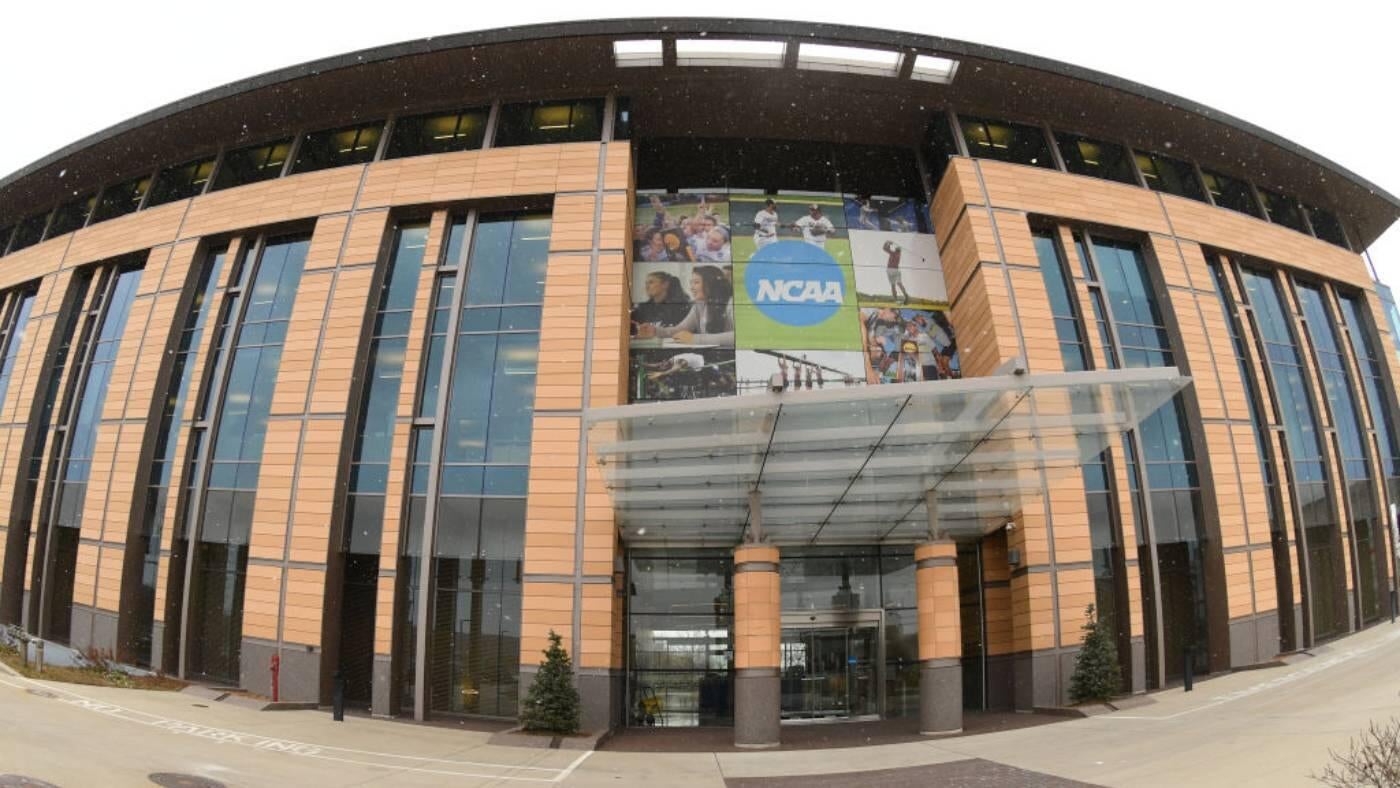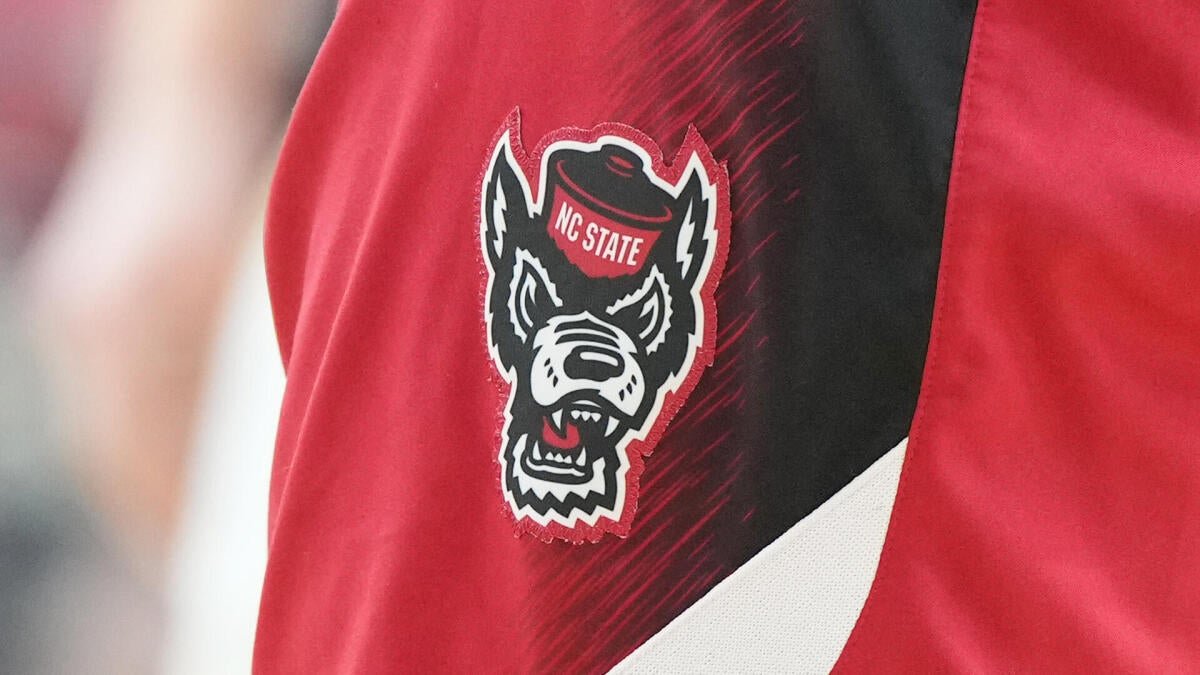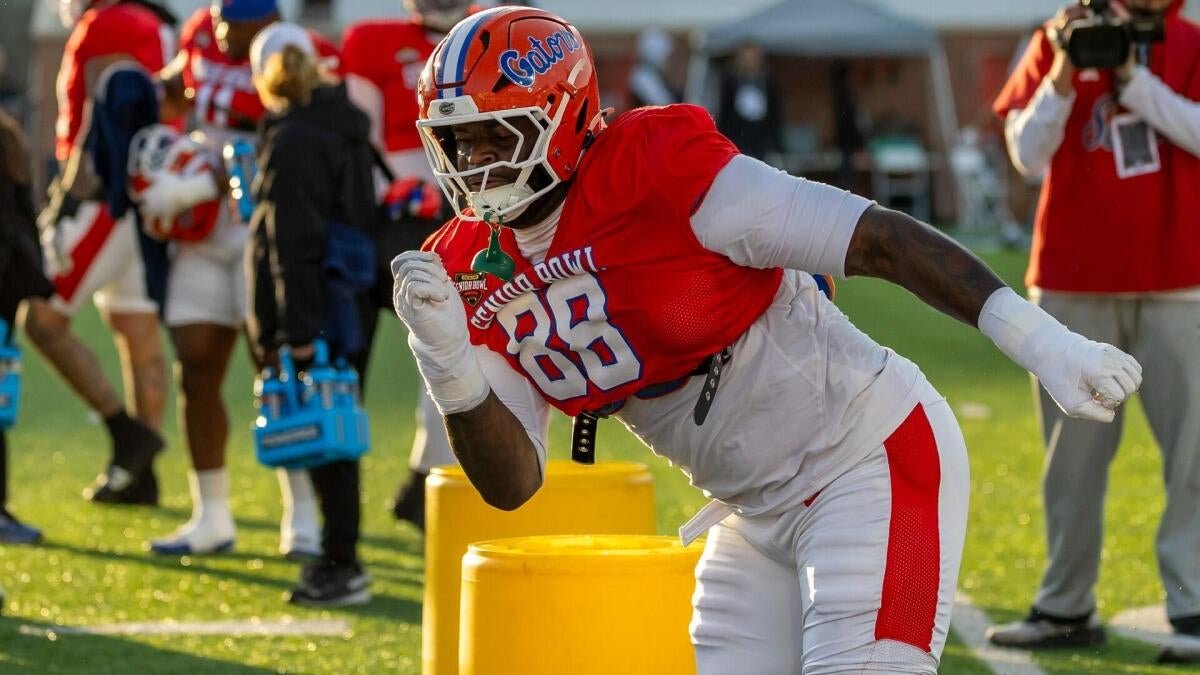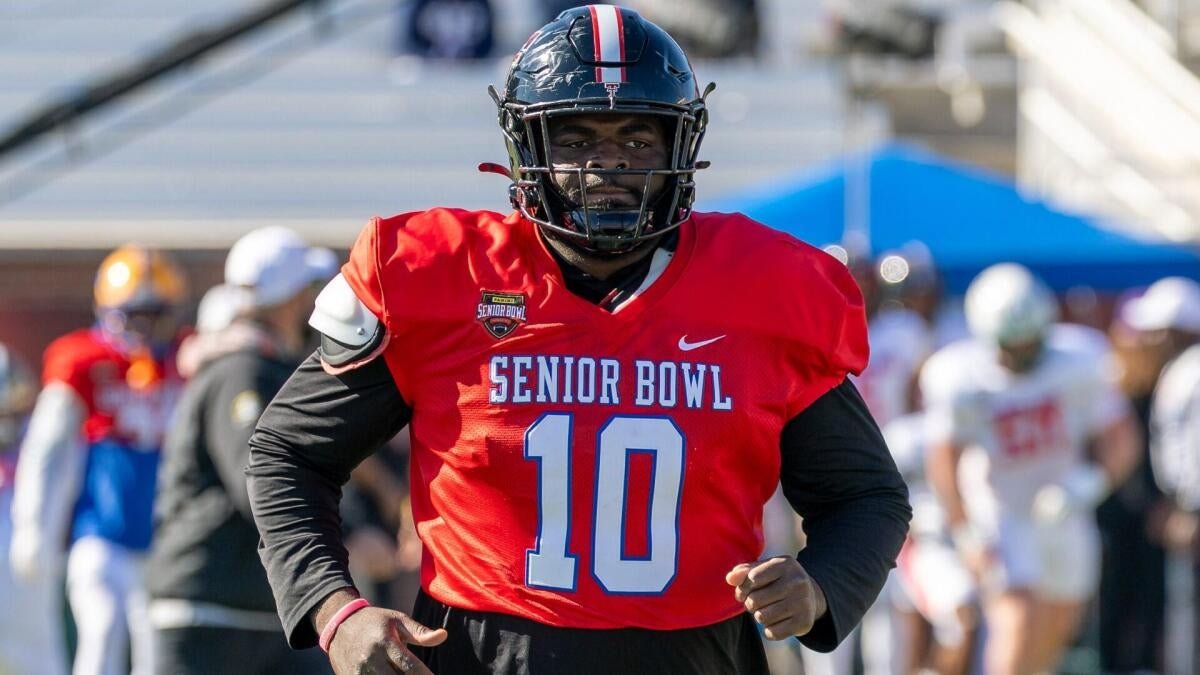
On Monday evening, leaders representing the Energy 4 conferences started circulating a binding doc that might radically rework guidelines enforcement in faculty soccer, based on Yahoo Sports activities.
The settlement would create the Faculty Sports activities Fee, a brand new entity geared towards guidelines enforcement. Energy 4 faculties can be required to signal the contract or danger expulsion from their leagues and having member faculties refuse to play video games towards them. Moreover, it will restrict the flexibility for faculties to sue over enforcement choices, radically reworking the outlook of the brand new period of faculty athletics.
On the floor this seems like a transfer towards much-needed regulatory aid in what many have referred to as the “wild west” period of faculty sports activities. However upon additional evaluate, the thorny authorized points which have outlined the NIL and switch portal period of faculty sports activities proceed to stare you within the face. This doc does not make these issues go away.
Faculty sports activities is within the midst of a governance shift. For those who’ve ever complained that soccer, particularly, lacks a commissioner-style chief or that the facility conferences ought to break free from the NCAA — congratulations, you are kind of getting what you need.
Assuming the Home settlement is finalized, as many within the business consider might occur as quickly as this week, the Energy 4 conferences will rent a CEO. That course of is already underway. This particular person will oversee a brand new enforcement arm and successfully relegate the NCAA’s position to dealing with eligibility and organizing competitors in its sponsored sports activities.
With regards to wage cap points anticipated to comply with the Home settlement — set at roughly $20.5 million in Yr 1 for a whole athletic division — and the legitimacy of NIL offers over $600, oversight will fall to the CSC.
The existence of such a doc is not precisely stunning. ACC athletic administrators had been briefed throughout their conferences final week in Florida, and Large Ten ADs are anticipated to get within the loop throughout their prescheduled conferences outdoors Los Angeles. Make no mistake, what the leagues are discussing is important in principle. There’s a obtrusive want for this form of binding settlement. With out it, what is the level of investing all this time, effort and cash to settle the Home case within the first place?
What occurs when a college inevitably tries to bend or break compensation guidelines — one thing that has occurred repeatedly over the past 150 years of faculty athletics? That is the rationale behind this settlement. Ideally, a penalty construction would exist to high quality rule-breaking faculties and distribute the cash to rivals as a deterrent. However whether or not such a mannequin could possibly be enforced long run stays unclear.
A very powerful factor to recollect concerning the present state of faculty sports activities is that the legitimacy of any rule does not hinge on what followers, consultants on social media and even college directors assume. It solely issues if the rule can maintain up in courtroom — and authorized challenges are coming.
Simply because a college cannot sue the CSC if it indicators on does not imply a state Legal professional Basic could not. Take Tennessee, for instance. Final week, it handed a legislation prohibiting its faculties from taking part in any regulation that restricts athlete compensation in violation of federal legislation.
Open questions stay concerning the Home settlement, and guess the place these might be answered? The settlement does not decide whether or not faculty athletes needs to be staff. It does not settle how Title IX will apply to future compensation fashions. Colleges are taking vastly completely different approaches to distributing the $20.5 million throughout their athletic departments.
As a result of faculty sports activities lacks an antitrust exemption and athletes aren’t a unionized labor drive, there’s nonetheless loads of room for lawsuits focusing on guidelines that weren’t collectively bargained. So for now, a brand new enforcement group and a Deloitte-backed audit of faculty spending could also be a needed evil — however authorized readability continues to be missing. Whether or not or not the Energy 4 convention members signal a blood oath, everybody must play in the identical sandbox. The query is whether or not the settlement might be well worth the paper it is printed on.




